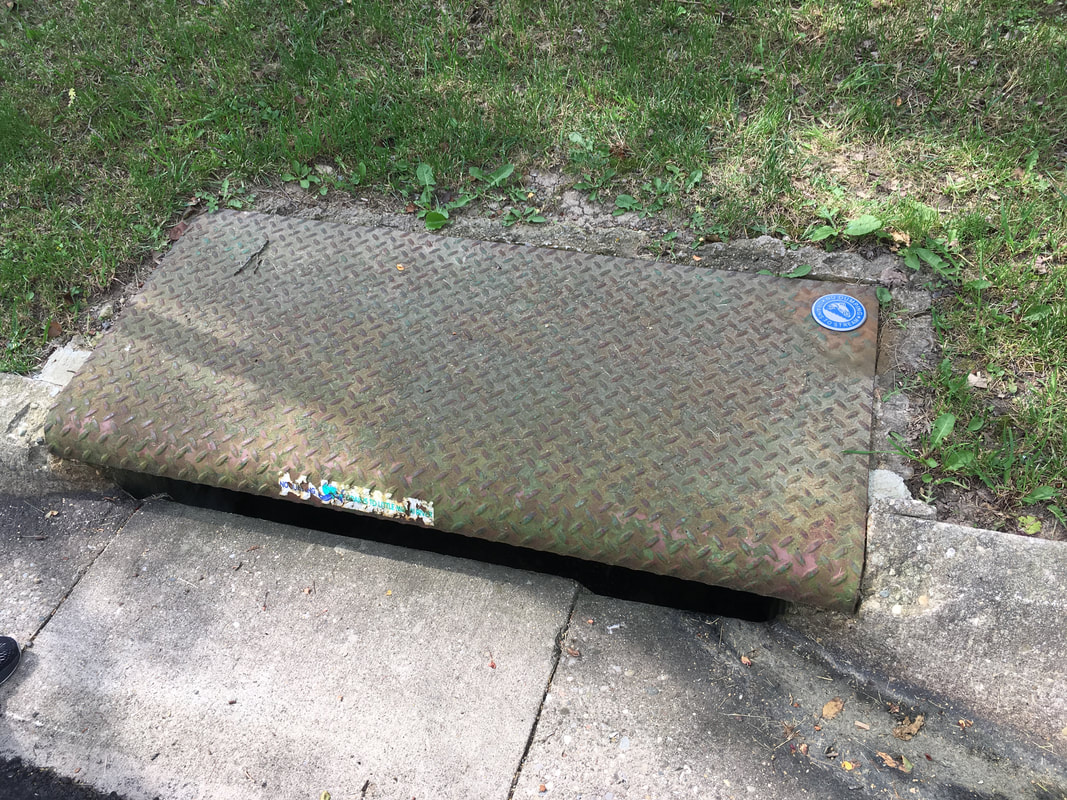|
Have you ever thought about your local storm sewer system? This may be a weird question to most but it occurred to me while I was watching a cartoon with my 6 year-old son that he probably felt that our local storm sewers were a place where weird, extra large, creatures lived. And before a couple years ago, I too, did not think too much about our storm sewer system. In fact, I had no idea that our storm sewer system is called an MS4 and is a part of a permit program to help protect our local waters.
MS4 is short for, “Municipal Separate Storm Sewer System.” MS4 refers to a collection of structures designed to gather stormwater and discharge it, without treatment, into local streams and rivers. In Warren County, many of our rural developments have stormwater management structures but it is only the communities that are classified by the United States Census Bureau as “urbanized areas,” that are a part of the MS4 permit program. In total, Warren County has six MS4s. In the State of Ohio, there are over 300 MS4s which include college campuses and hospitals. Each MS4 gets authorization from a National Pollution Discharge Elimination System (NPDES) permit to discharge stormwater into these systems. This permit is also commonly called a stormwater or MS4 permit. The word “National” refers to the connection with the Federal Clean Water Act and the word “discharge” refers to the fact that separate storm sewer systems eventually release untreated stormwater into local creeks, rivers and lakes. Each MS4 permit holder is charged with fulfilling the permit requirements but it is managed statewide by the Ohio Environmental Protection Agency (OEPA). The United States Environmental Protection Agency (USEPA) has an oversight role because they are charged with implementing the Clean Water Act. The MS4 permit requires communities to have six focus areas. The six focus areas are: Public Education and Outreach; Construction Site Erosion Control, Public Participation and Involvement; Post Construction Stormwater Management; Illicit Discharge Detection and Elimination; Pollution Prevention and Good Housekeeping. Each of these six focus areas have permit requirements including education and in some cases management of regulated activities. This permit work is crucial in helping keep our stormwater clean. Some communities in Ohio do not have separate storm sewer systems and thus, are not covered under the MS4 permit program. These communities have combined storm and sanitary sewers, meaning stormwater and grey water from homes/businesses flow through the same pipe. Combined sewage systems are under different requirements federally because with increased rainfall overwhelming these systems, raw sewage ends up in our local streams and rivers, which is how these systems were designed many years ago. Many combined sewer systems are installing green infrastructure to help handle high rainfall episodes to keep sewage from overflowing into local waters. For an example of how Northeast Ohio is handling their combined sewer system, check out, https://www.neorsd.org/stormwater-2/. In my realization of what storm sewer systems actually do, and that they do not serve as a housing system for unusually large, mutant, half human animals, I see now how important it is to protect our storm sewers and thus keep our MS4 system clean. All plants and animals must have water to survive. If there was not water there would be no life on earth. I challenge you to take part in the Imagine a Day Without Water which happens in October. You can check out ways to take part in this day at: http://imagineadaywithoutwater.org/. For more information about stormwater, check out the Penn State Extension Stormwater Basics Series - https://extension.psu.edu/water/stormwater-management or check out the Warren County Soil and Water Conservation District at https://www.warrenswcd.com/. -Cindy Meyer, Conservation Programs Specialist
0 Comments
|
Details
Warren County SWCD Staff BlogA blog to keep you informed on all the latest news at Warren County SWCD and in the conservation world. Archives
May 2024
Categories
All
|
|
|
Contact:PHONE: (513) 695 - 1337
EMAIL: [email protected] HOURS: Monday - Friday 7:30am - 4:00pm (except holidays) Connect:Warren County Soil & Water Conservation District Copyright © 2016
Warren SWCD Privacy Notice. Emails are serviced by Constant Contact. Constant Contact's Privacy Notice. |

